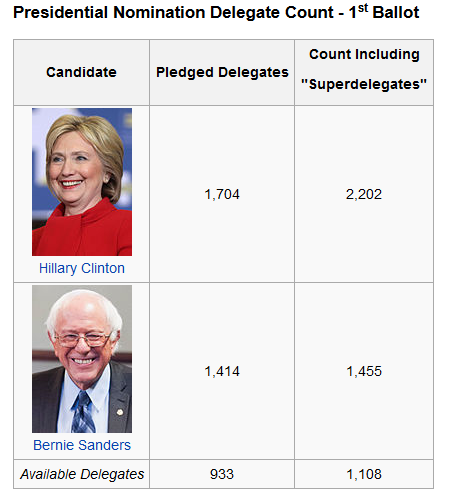As we have all come to know (and not appreciate), the campaign for the next presidential election starts the day after the last presidential election. Members of the party that did not win begin jockeying for position, assuring voters that they can beat the incumbent in the next election. It is a good time to watch the candidates and attempt to gauge the direction of the party. All indications within the Democrat party are that the party is moving significantly left, but trying not to be obvious about it. Local Congressional candidates are calling for abolishing ICE, instituting socialism, impeaching President Trump, free college tuition for everyone, etc. Nationally, party leaders are saying those are not priorities. (Well, I can guarantee that if the Democrats take the House of Representatives, one of their first issues will be impeachment, regardless of what they are saying.) Well, the Democrat presidential primary just got more interesting.
Yesterday The Washington Free Beacon reported the following:
The Democratic National Committee voted on Saturday to change the party’s supderdelegate rules for its presidential nominations.
The DNC voted to weaken the role top party officials play in nominating their presidential nominee. A superdelegate is an unelected delegate that has the ability to support any candidate and aren’t beholden to results of a primary or caucus. Most superdelegates are current or former Democratic politicians.
The fight over superdelegates was sparked over the 2016 Democratic primary where former Secretary of State Hillary Clinton was favored heavily by superdelegates over self-proclaimed democratic socialist Sen. Bernie Sanders (I., Vt.). Clinton was able to secure the nomination sooner with the help of superdelegates and thus end Sander’s campaign. Sanders and many of his supporters have criticized the use of superdelegates and characterized them as a mechanism that subverted the will of the people.
CNN reports the vote was almost unanimous.
The superdelegates were instituted after the 1972 and 1980 elections, where more Democrats participated in the primary elections, but the candidates were defeated by landslides at the polls. Evidently Democrat primary voters did not represent a majority of the country, so the Democrats rigged the system so that candidates could again be chosen in the traditional smoke-filled rooms. That has seemed to work better for them. Even when they haven’t won, they have at least been in the running.
The article concludes:
Superdelegates will no longer be able to vote on the first ballot at the convention unless the candidate has received the necessary pledged delegates, which are based off primary and caucus results, to secure the nomination.
“Today is a historic day for our party,” said DNC Chair Tom Perez. “We passed major reforms that will not only put our next presidential nominee in the strongest position possible, but will help us elect Democrats up and down the ballot, across the country. These reforms will help grow our party, unite Democrats, and restore voters’ trust by making our 2020 nominating process the most inclusive and transparent in our history.”
The fight over superdelegates has divided Democrats but it appears Saturday’s rule change was a compromise most were willing to accept.
This primary season will definitely be a get-out-the-popcorn moment as the establishment Democrats fight to keep control of their party.

